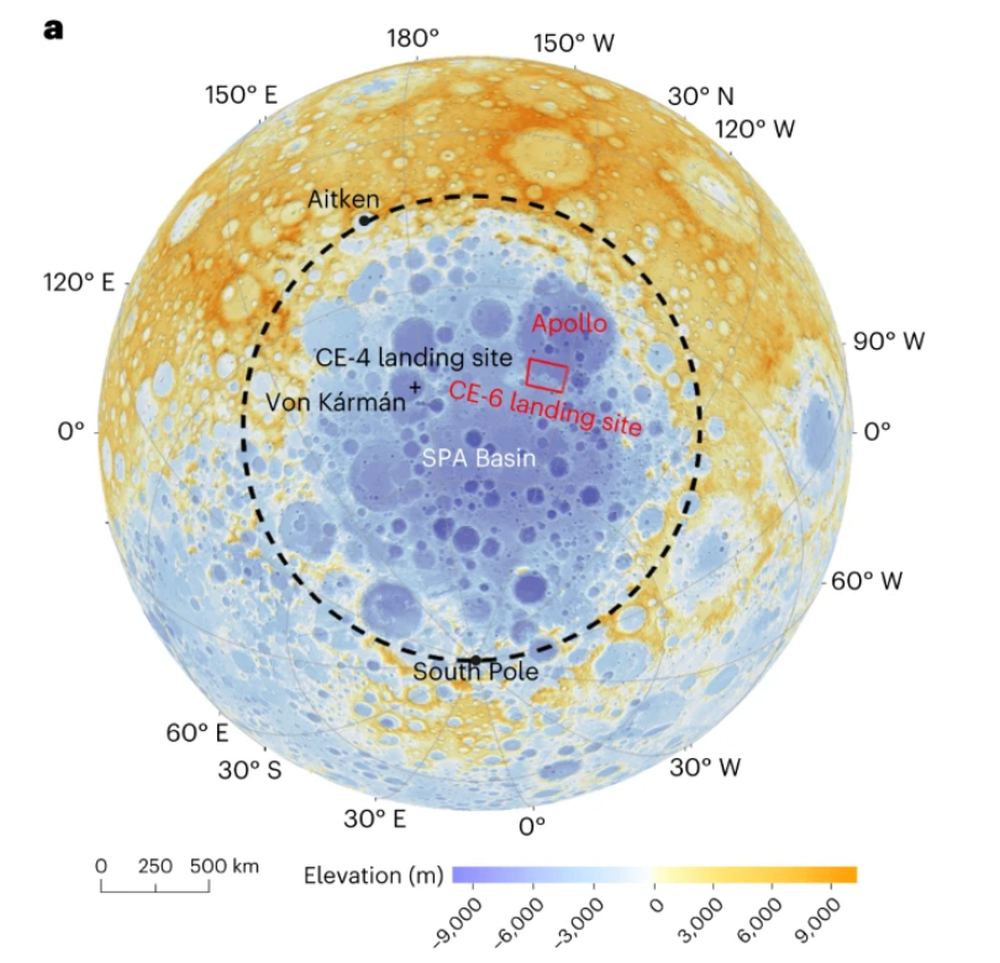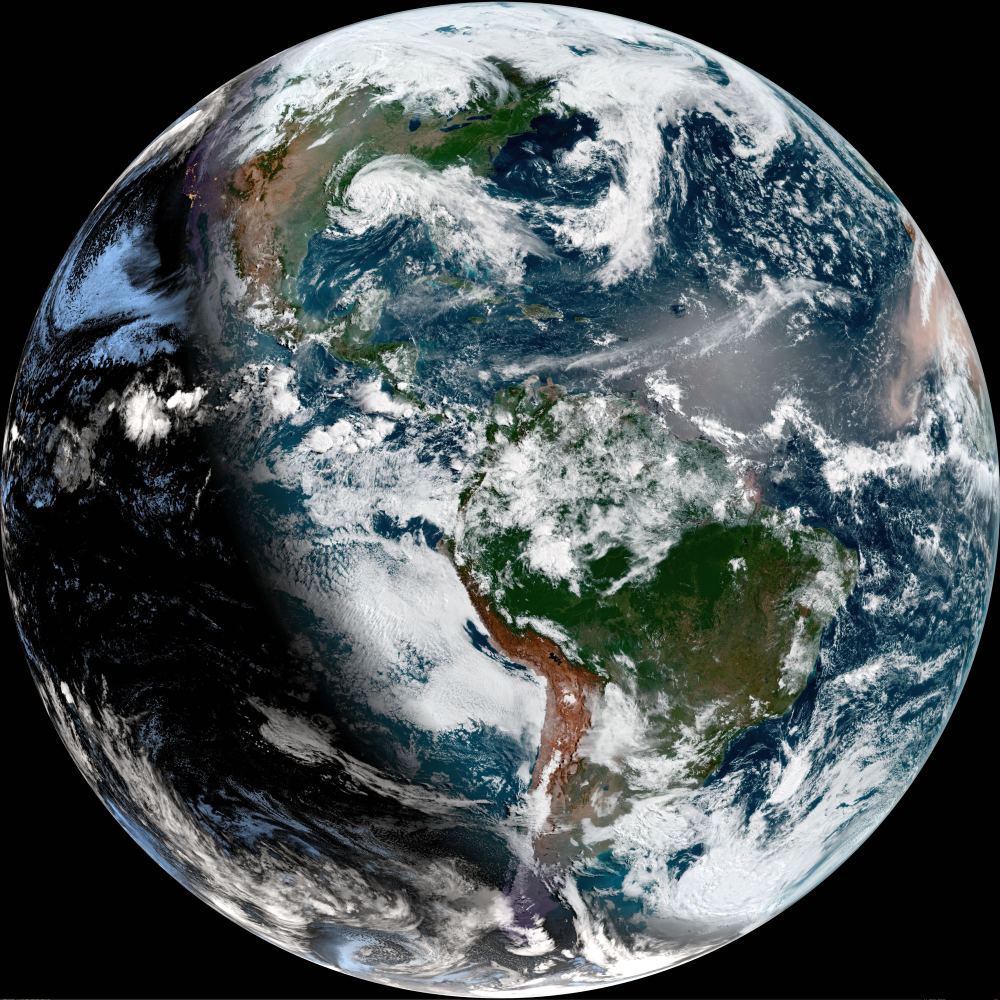Humanity got its first look at the other side of the Moon in 1959 when the USSR’s Luna 3 probe captured our first images of the Lunar far side. The pictures were shocking, pointing out a pronounced difference between the Moon’s different sides. Now China is sending another lander to the far side.
This time, it’ll bring back a sample from this long-unseen domain that could explain the puzzling difference.
Continue reading “Here’s Where China’s Sample Return Mission is Headed”


